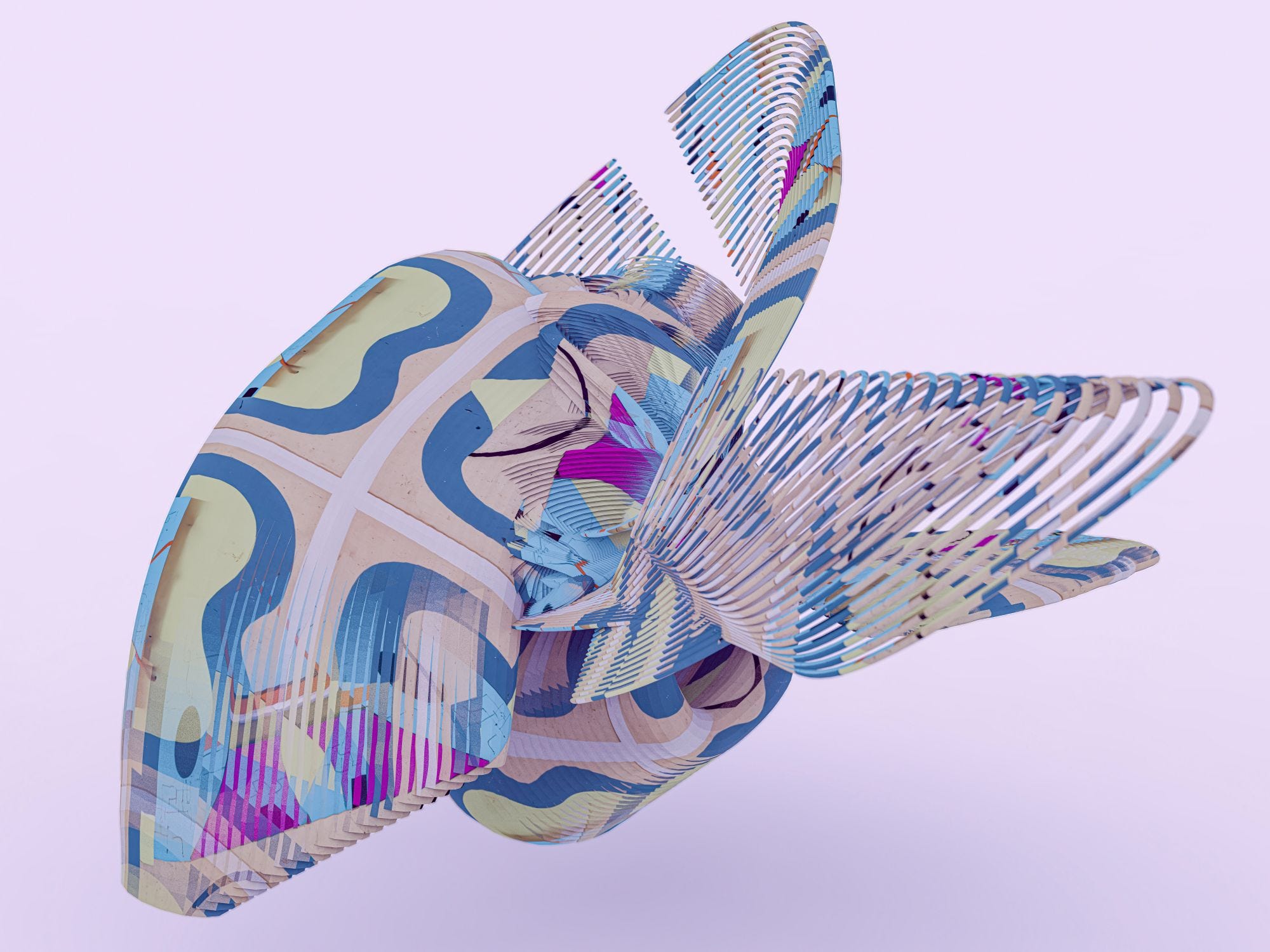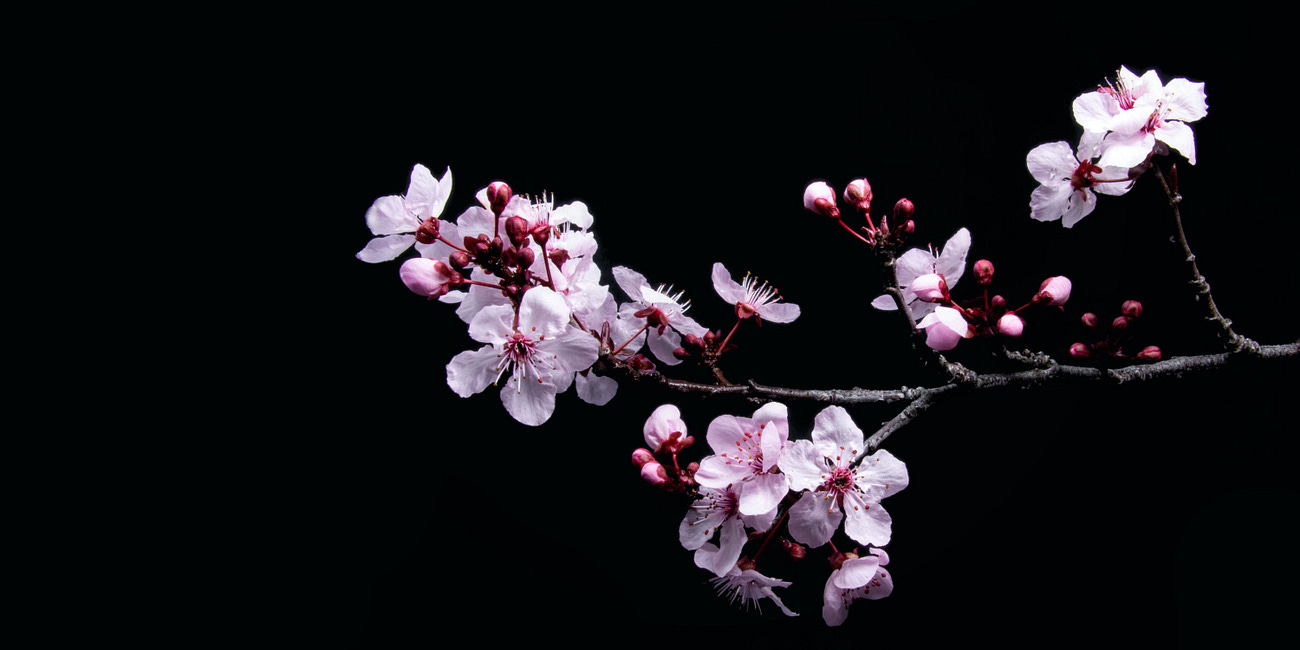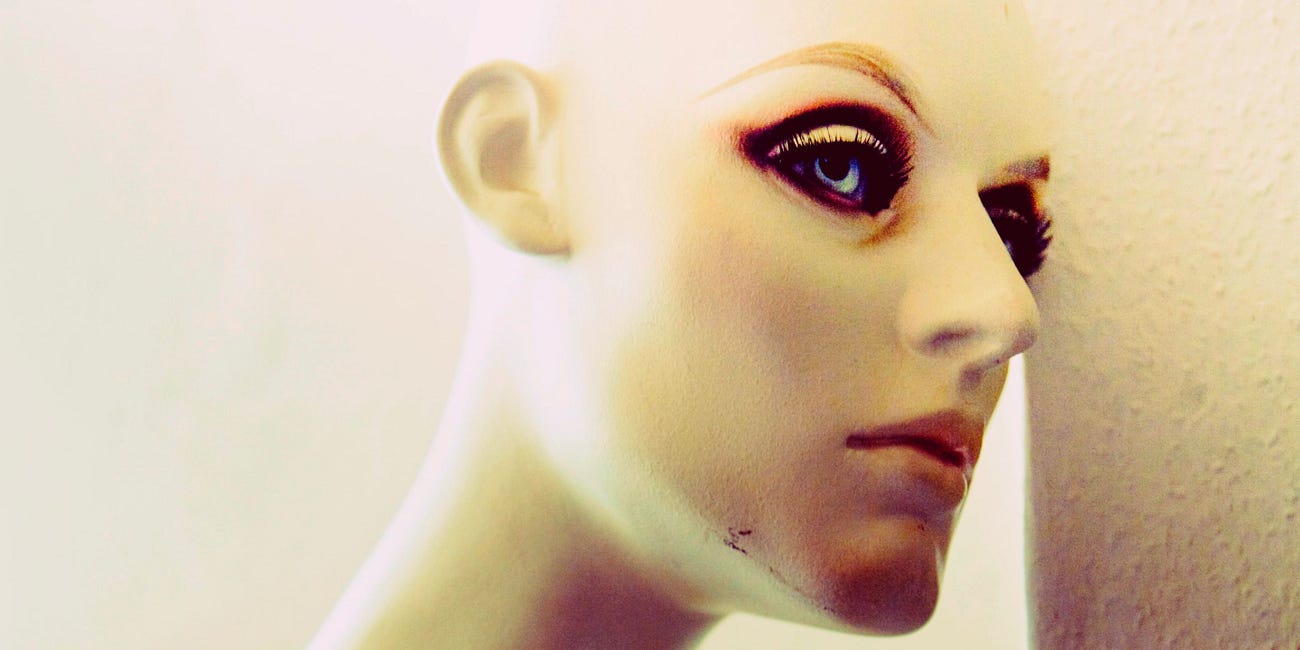Why I'm illustrating my stories without AI Art
My discomfort with tools such as Midjourney is a big reason, but I find it far more enjoyable to use human-generated art.

First, if you do use generative AI art to illustrate your stories, let me reassure you that I’m not judging you or wagging my finger at you. I mean, when I found out about AI Art generators, I was super excited and used some AI art in previous issues.
However, when I found out that there were numerous ethical issues and that AI tools could be stealing from artists, I became alarmed, and then seriously upset when I realized what this could do to the livelihoods of artists.
Reason #1: The scraping of artists’ work
One of the first tools I used was Nightcafe. One day, I copied a prompt used by another user to generate an image. I noticed a curious thing. In every image I generated, there appeared to be a signature. Almost as if an artist had signed it off.
I thought it was weird that the generator was signing off artwork like it was an actual artist.
Later, I discovered that it was most probably the actual signature of a real-life artist. I was horrified. I cannot, in good conscience use stolen work to make my fiction look better.
Most artists did not consent to have their art used as “training data” and only found out after the fact.
Reason #2: We artists are in this together
Artists and designers have to contend with Midjourney. Writers have ChatGPT.
Despite reassuring editorials about how we can use them to “help” our work and opinion pieces that creatives won’t be replaced by AI, I’m already seeing real-life consequences being shared by my professional network. (PS: For over two decades, I’ve worked as a journalist, a content marketer, and now a tech writer.) Just this week, Washington Post published this banger: ChatGPT took their jobs. Now they walk dogs and fix air conditioners.
An excited marketer shared how she was writing her website copy 100% with ChatGPT. A freelance author lamented how he has been dropped by a client who is now utilising generative AI. A content marketer was told to produce 10 articles per week because since they can now use ChatGPT, “logically” they can produce 10x more. This is in Malaysia.
The ripples are already felt far away from the United States, where this all began. The world is forced to just roll with it and suffer the consequences while the US “figures things out”, and I cannot express how fed up I am about this.
The truth is, although we know deep in our bones that AI won’t replace human creativity and innovation, people will try anyway. Profit and greed is a powerful, motivating factor.
AI was never the problem. People pursuing profits at all costs, human livelihoods bedamned are the problem.
That’s why I’m eyeing the WGA strike and lawsuits against Stable Diffusion with great interest as it could determine what the professional lives of creatives will look like in the next few years.
Reason #3: I want to give artists and photographers the credit they deserve
Artists and writers deserve to be paid for their work, or at least promoted! I don’t think I need to elaborate any further.
Reason #4: You could open yourself up to legal risks
Right now, everything is still in the grey zone and no one knows if you will be sued if you use AI art/copy. But author and indie-writing guru Kristine Rusch says that writers could be opening themselves up to legal consequences if they do use generative AI for their work: “When you’re unclear and it could lead to a violation of the law, then don’t do it. Period. If you feel that you could defend your actions in court, let me point something out: You’d have to go to court to defend that action.”
I think it’s wise to be cautious.
Reason #5: Because many writers have decided to stop using AI art
When AI art generators first came out, John Scalzi was having a ball using them to create humorous art which he would share on Twitter. (I actually enjoyed his hilarious outputs.) Then, one day he wrote this: An Update On My Thoughts on AI-Generated Art.
He said that while he enjoyed using it AI art generators, he was uncomfortable about the ethical issues around it, “especially in commercial settings, where AI-generated art has begun to undercut the artists the AI is trained on. For me, that's not good.”
Other writers who wrote about the same thing:
Chuck Wendig — Why I’m Done Using And Boosting AI Art
- — Why I cancelled my MidJourney subscription and don't use ChatGPT
- — The value of human art
Louise is also an artist, so seeing how depressed she was over AI art was sobering.
Reason #6: It is actually fun to hunt photos for your fiction
I love Unsplash! I’m glad that artists and photographers can now get paid via Unsplash+, and I’m eternally grateful for them sharing their work freely on the platform. And the thing is — there are amazingly creative photos that one can use for short stories, even science-fiction ones like mine.
Initially, I did use AI art to illustrate some of my stories. But recently I changed the images for my short story, The Blood of Nanking, to Unsplash images. I had great pleasure including the names of the photographers in the caption — have a look:
Blood of Nanking (Part 1 of 4)
By Tai Weiland "Here he is again," said Osaki. Hasegawa followed his gaze to the line of cherry blossom trees behind the audience. At first, all he could see were the trees, their branches heavy with white and pink flowers. Then he saw a man, half-hidden behind a tree, staring at them. It was their former friend Suzuk…
There is an art to selecting the right images for your short story. To avoid “stock image syndrome” you need to be less literal with your image selection.
For example, in my short story Blank Sheet, I selected an image of a mannequin to illustrate the concept behind the story — human beings that have been wiped clean of memories and personalities, becoming like the human equivalent of a blank sheet of paper.
But it cannot be just any mannequin. I selected one without adornments or clothes, with deathly pale “skin” and an expression devoid of any character.
Blank Sheet
Jervais looked up and winced. “Blank Sheet coming,” he muttered. It took Darrow a few seconds to pick out the man from the crew members in the messhall. The man in grey overalls looked like one of the huddled masses in the dimly lit messhall except for the tattoo on his forehead.
The more I use Unsplash images, the more I realise how energised I am doing this vs generating AI art. It’s just more fun; I find it an invigorating and creative exercise to hunt for images that reflect the “truth” of my stories.
I have lots to say about this, so I’ll be showing you how to do this in a future issue.
I’m still tempted by AI Art
For writers, Generative AI art tools are almost irresistible. It is amazing that we can generate images for our stories in a few clicks.
So, that’s why I’m not judging those who use it. For one, I can’t even promise I will never use it. I’m real enough to say that I’m sorely tempted to use it every day since I write in genres that don’t have easily available images. For one, there’s a wuxia* short story I wrote that I’m dying to illustrate. I’ve not found any Unsplash options for it and doubt I ever could.
However, I’m going to try my gosh darn best to avoid using it for commercial purposes.
How about you? What do you think about using generative AI tools like Midjourney and ChatGPT?
* Wuxia — a genre of Chinese fiction concerning the adventures of martial artists in ancient China.






Well explained, Elizabeth! And for the record, being listed as a writer alongside Wendig, Scalzi and Stigell made my little brain explode with joy.
I'm very much in line with you - I've realised that the process of finding or creating my own art is simply more enjoyable, even if the end result is not technically as exciting or relevant. That's an exchange I'm happy to make, though.
Also, I'm an aspiring artist myself. I want to improve. I thought MidJourney would be a useful tool, in the early days, but found that not to be the case - I leaned on it too much. Since I stopped using it I've produced a lot more of my own art, and feel like I've improved drastically.
As you say, no judging of people still using AI generated images. And I could well return to it in future if a better, artist-friendly model is found.
I share your opinion on this, and choose images from the hands of original photographers/artists every time.
Here's the elephant in the room: how will we know if or when places like Unsplash will be flooded with AI-generated photos? Most times we wouldn't be able to tell one from the other. If an AI photo can win a photography contest, and millions can be convinced the Pope runs around in a white puffer jacket, it's a real concern.